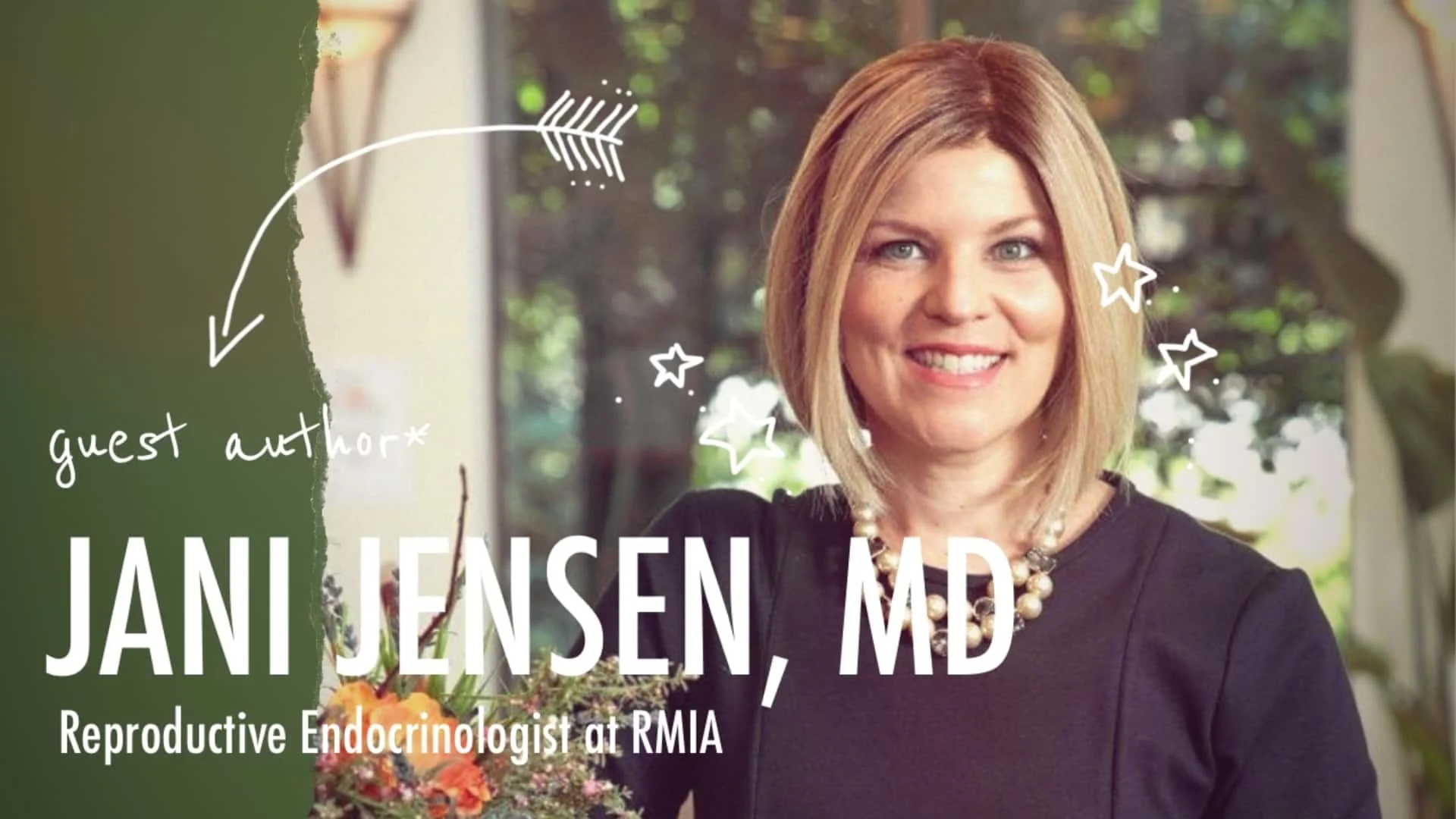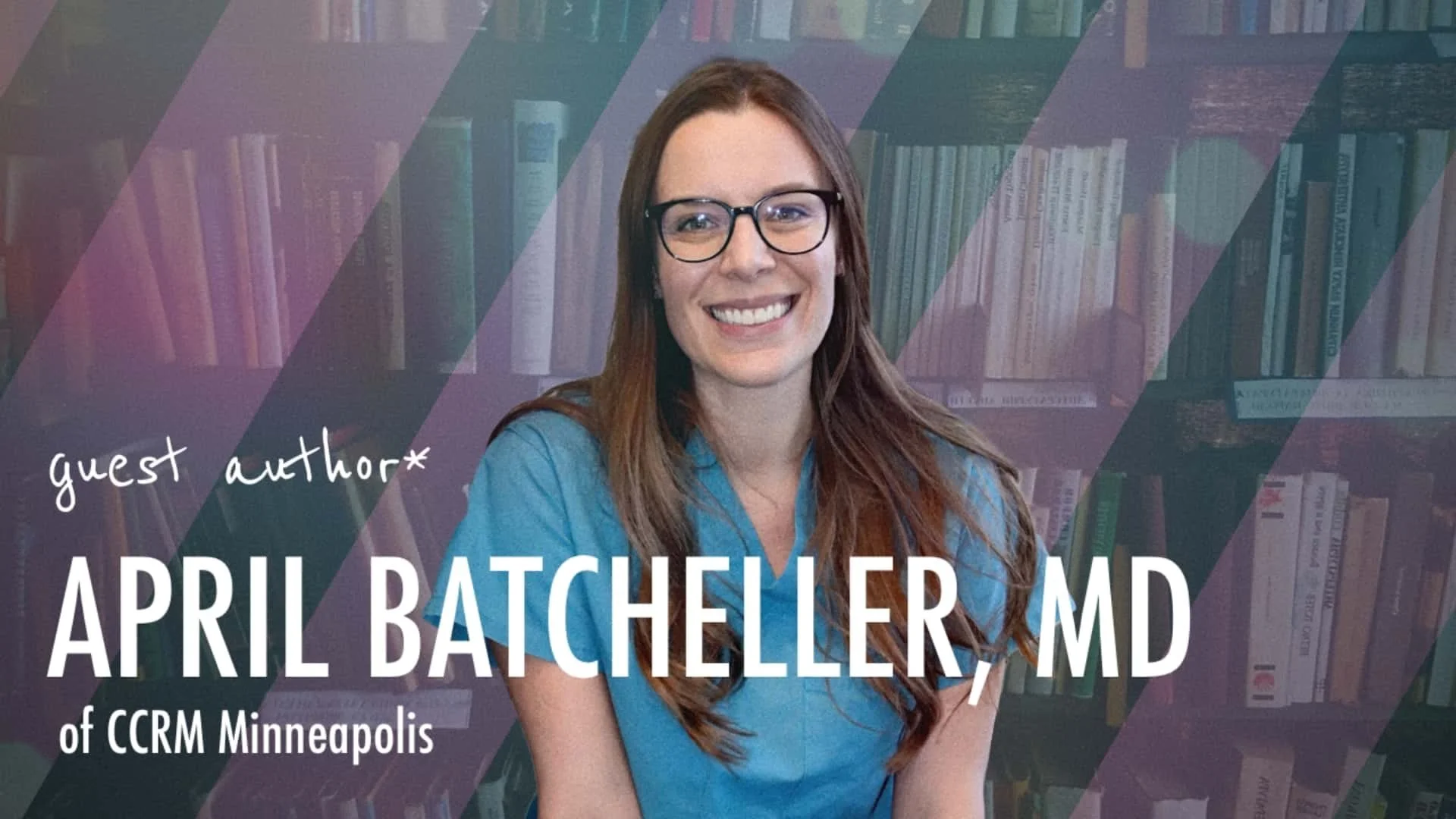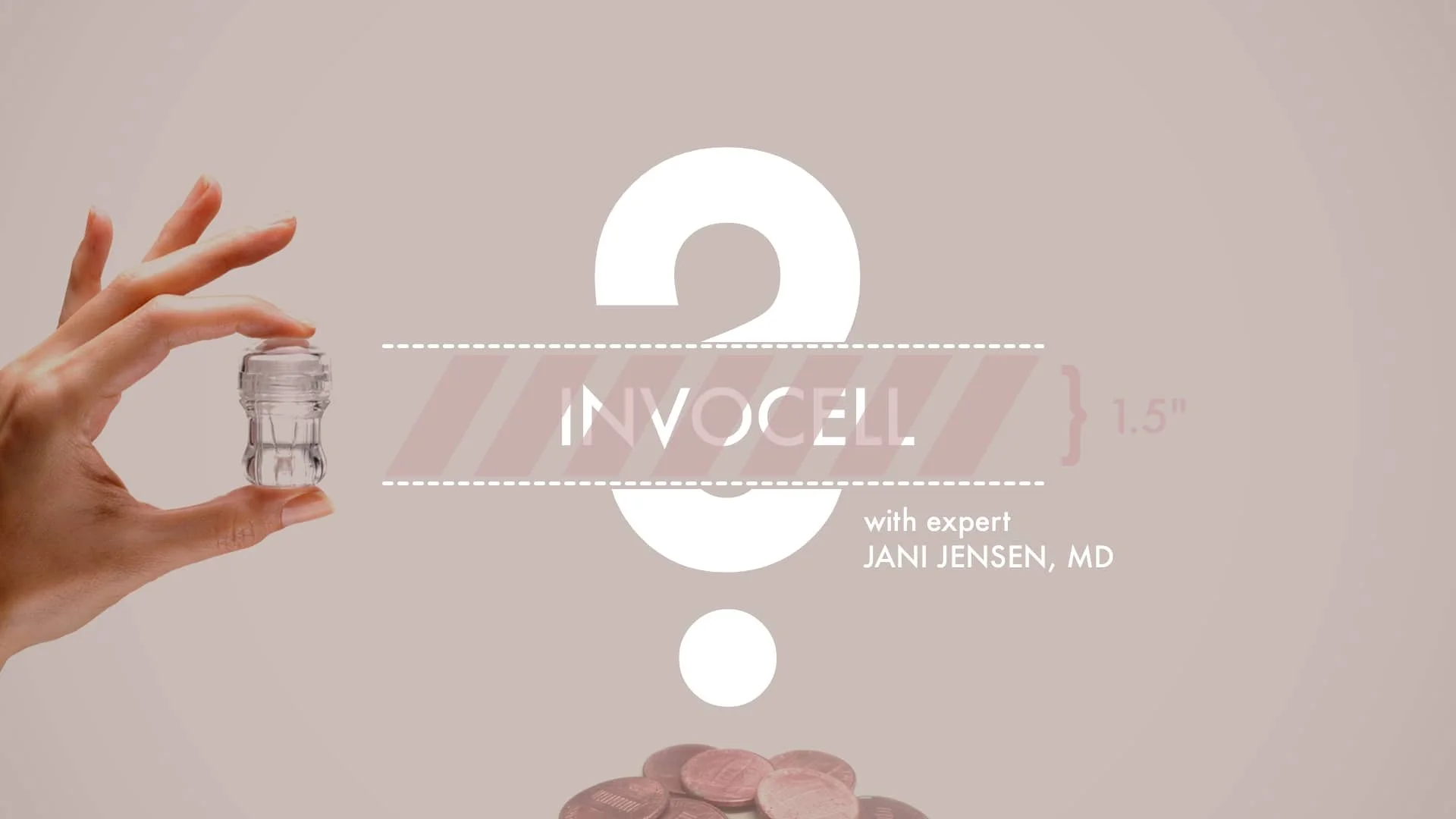THE FLIP SIDE: GOING FROM DOCTOR TO PATIENT
The Flip Side: Going From Doctor to Patient
by Jani Jensen, MD | Reproductive Endocrinologist
Loss of control.
Loss of dignity.
Fear.
Uncertainty.
Vulnerability.
Being a patient can be excruciating.
Sound familiar? It might. Being a patient in a high-stakes situation – like undergoing fertility treatment – can be extraordinarily difficult. Studies have shown that infertility-related stress can be as much as that experienced by people undergoing divorce or cancer treatment.
I can attest first-hand to the latter.
"I suddenly found myself in the new role of PATIENT."
Last year I was diagnosed with breast cancer after a routine, on-time screening mammogram showed a change from one year to the next. Despite being a physician for nearly two decades (and one used to having difficult conversations ALL THE TIME), I suddenly found myself in the new role of Patient.
The beginning was extremely scary. I got the call about my results on a Friday afternoon and had the weekend to sob and catastrophize. My mind was flooded with worst-case scenarios.
A lot of appointments quickly followed for imaging, bloodwork, and consults for treatment options. I got a first opinion and then a second. I joined an online group for female doctors with cancer, which was an extraordinary support throughout my treatment. (Again, fertility patients: Does this sound familiar?).
Fortunately, I had options. I decided to be as aggressive as possible at every point. This is fitting with my personality, but it also is central to what I describe as Regret Management.
Regret Management is making a decision now to (hopefully) mitigate future feelings of not doing enough when the opportunity was there. In my work, it usually translates to patients trying IVF or continuing with ongoing fertility treatments before the proverbial clock runs out.
For me, I am far from feeling like I am done living, and I felt like I needed to do everything I could to fight cancer in the most aggressive way possible. I didn’t want to sit in my oncologist’s office five years from diagnosis, wishing that I would have done more early on.
And so I did: I had surgery (bilateral mastectomy, the removal of both breasts), I underwent chemotherapy for three months during the start of the global COVID pandemic, I had a second reconstruction surgery, and then I started to heal. It’s an ongoing process.
I learned a lot from taking my turn as the Patient:
Perspective.
Patience.
Understanding.
Grace.
Hope.
And while I’m technically now in Cancer Survivorship, the teachings remain and can easily be applied to a diagnosis and treatment of infertility. Lessons I’ve learned:
Know Your Stage
Cancer staging has some similarities to a fertility evaluation. There are lab tests (hormone testing, semen analysis) and imaging (ultrasound, HSG). You need data to know what you’re working with.
Get a Plan
The beginning is terrifying, but part of what makes it scary is the unknown. A plan means action. Take steps to get one.
Seek Expert Opinion — Possibly More Than One
Check the credentials of your expert. I wanted an expert breast surgeon, one who had completed a specific fellowship for breast cancer, and not just a general surgeon who occasionally does a breast case. For fertility treatment, you ideally want to be under the care of a board-certified Reproductive Endocrinologist (RE), someone who has completed 4 years of college, 4 years of medical school, 4 years of OBGYN residency, 3 years of extended infertility training (fellowship) and then passed 4 rigorous board exams.
Build Your Team
I had a terrific breast surgeon, but I also needed a plastic surgeon, an oncologist and all of their support staff. (Sidenote: I specifically sought out strong women physicians for each of these roles). You may need more than a RE; consider a counselor, a nutritionist or an acupuncturist to be on your team as well.
Find Your Tribe
Engaging with others — even virtually — who are undergoing or have completed a similar journey is incredibly supportive.
Remain Hopeful
There are so many good things ahead.
Guest Author
Dr. Jani Jensen is a doubly board-certified Reproductive Endocrinologist practicing in the Twin Cities of Minneapolis and St. Paul, Minnesota. She is passionate about her work and believes that Empowered Women Empower Women.
Nicole Lange
LICENSED ACUPUNCTURIST
HOLISTIC FERTILITY EDUCATOR







Perspective from someone who’s been on both sides of an ultrasound.